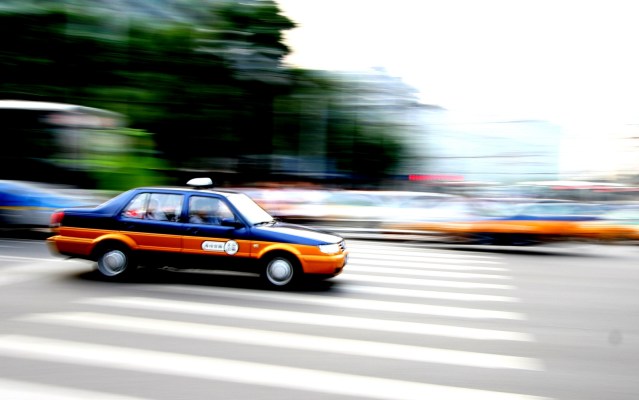You’d think all the business models around on-demand taxis and cars had been invested, but straight out of Siberia comes another one.
Ride-hailing app inDriver has raised a $5 million Series A round from Russian venture fund LETA Capital. They aim to use this cash to launch inDriver in India, the USA and Canada, where the service will of course compete with Uber, Lyft and Ola Cab.
How on earth will they attempt this, rather optimistic, feat? Well, for starters, drivers themselves pay for to access the app, rather than the app’s operation effectively being subsidised by venture capital, as the other are. Next, inDriver is a decentralized, bid-style service, where the passenger enters the price he or she is willing to pay, while the driver accepts the order only upon agreement of the fare. inDriver does not influence price formation and doesn’t take a commission from drivers. All drivers do is simply pay by the hour to use the app, at a flat rate. A passenger can pay either with cash, or with credit card, but payment happens only directly between driver and rider.
The service’s simplicity means it has expanded to 70 cities in Russia and neighbouring markets. It claims to have about 7 million installations across iOS, Android and Windows Phones. Each month inDriver’s users make around 4-5 million trips, and the total number of trips is close to 100 million, they claim. inDriver also offers the option to travel between cities, much like BlaBlaCar.
The inDriver service was created in Yakutsk – a small town in Siberia. Their story goes that during a freezing winter day on Christmas Eve, when the temperature fell to -49°F, all the local taxi services simultaneously doubled their prices. To fight this, some students formed a public group on the VK.com social network (a clone of Facebook), where anyone could submit an application for a ride, and those who owned cars could accept their calls for help. After a year the group had 50,000 subscribers. Later, Yakutian tech entrepreneur Arsen Tomskiy “bought” the group from its creators (only in Russia could you buy a VK group…) , releasing a mobile app based on the group. QED.
inDriver says its has been profitable from its first year of existence, because the company does not subsidize its drivers, like Uber does. When the app is launched in a new city, it is free for all drivers for the first several months, and later the company adds a subscription fee to access the order database. In Russia, depending on the city, the price can vary from $0.50 to $2 per hour. Pretty competitive.
CEO Arsen Tomskiy said they chose LETA Capital because it “already has the experience of successful international exits from companies’ portfolios, including the recent sale of a stake in the Unomy start-up to the international giant WeWork.”
